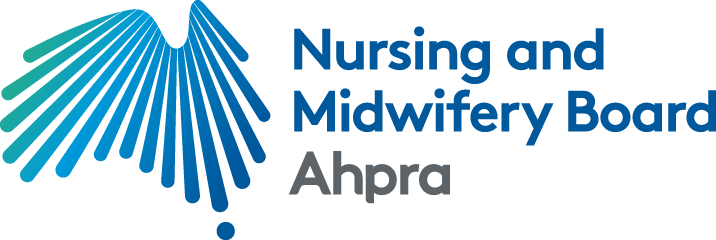Close
Website Maintenance
This website will be unavailable from 8:30pm Thursday 15 January to 1:30am Friday 16th January AEST for regular maintenance. Ahpra’s portal and other online services will not be available. The online public Register of Practitioners will be available. We apologise for any inconvenience.
National health practitioner boards
Close
Page reviewed
4/07/2025
